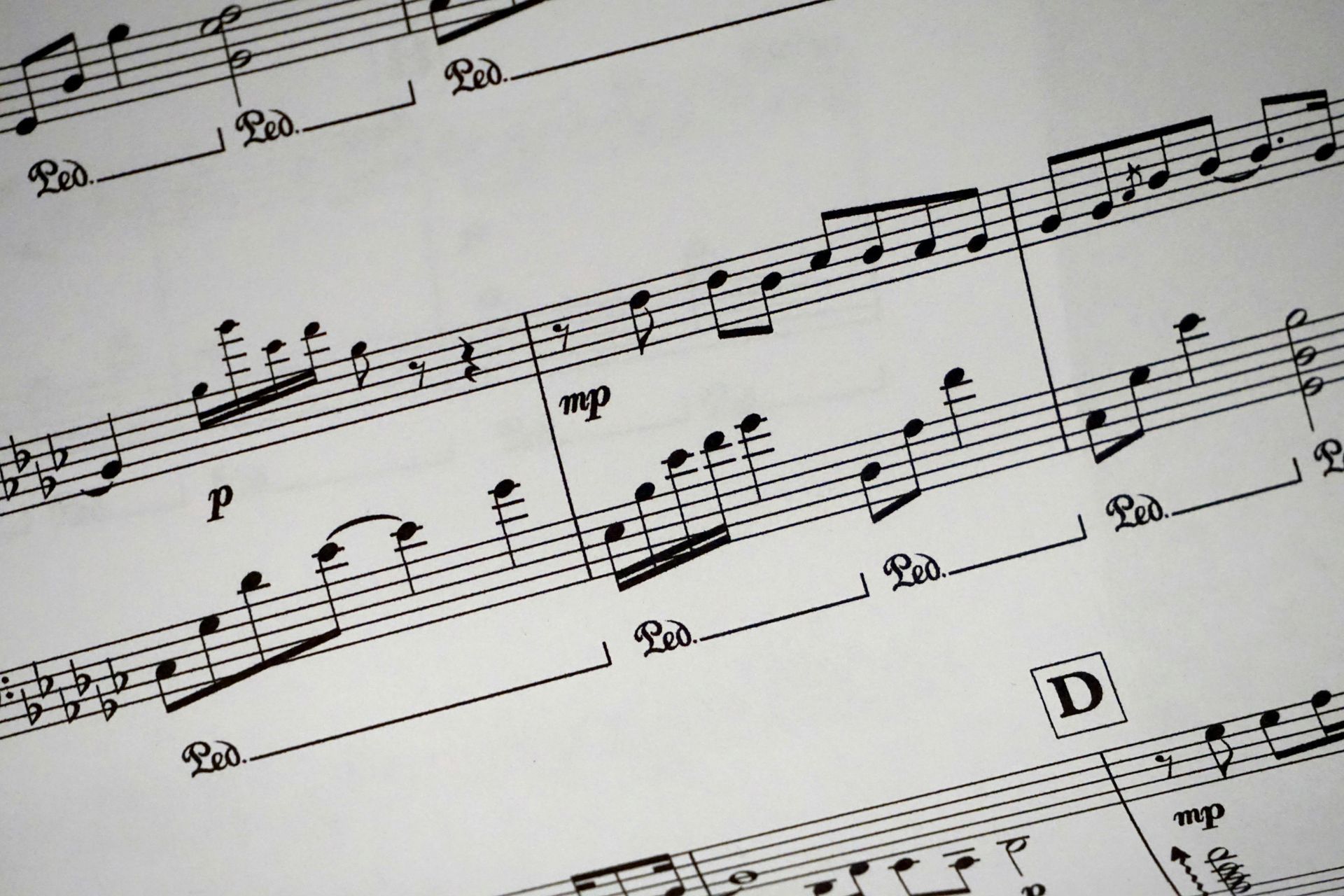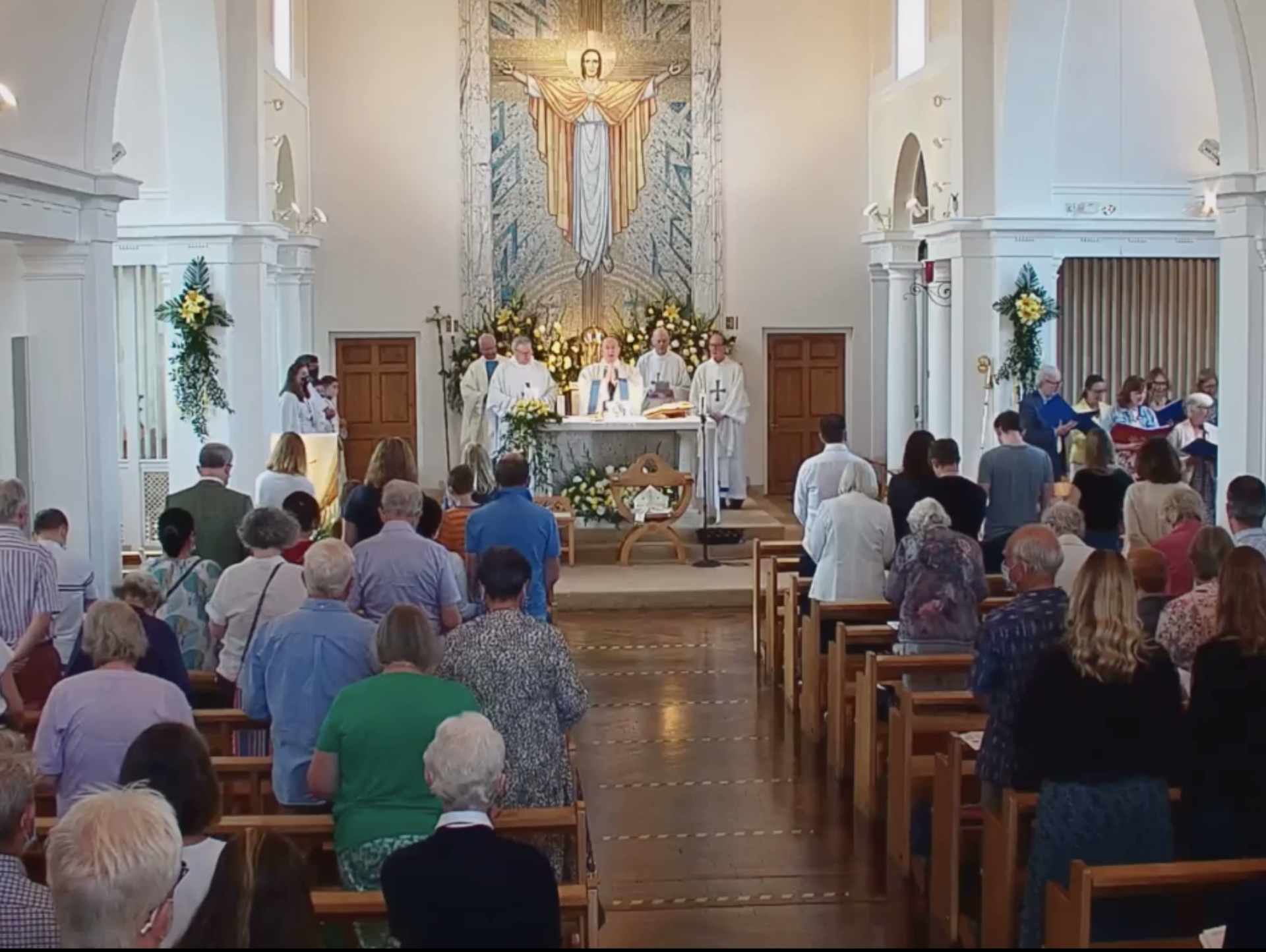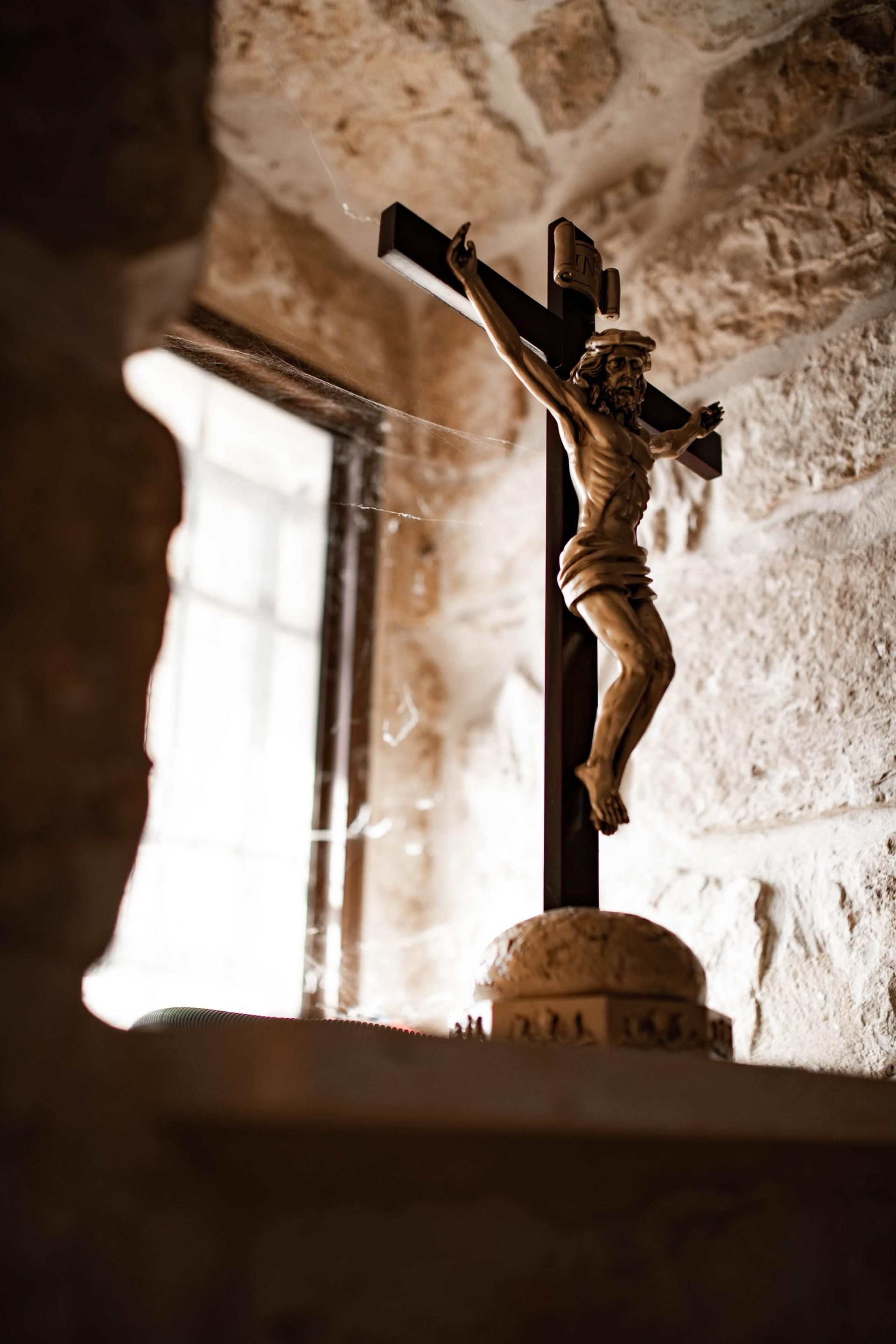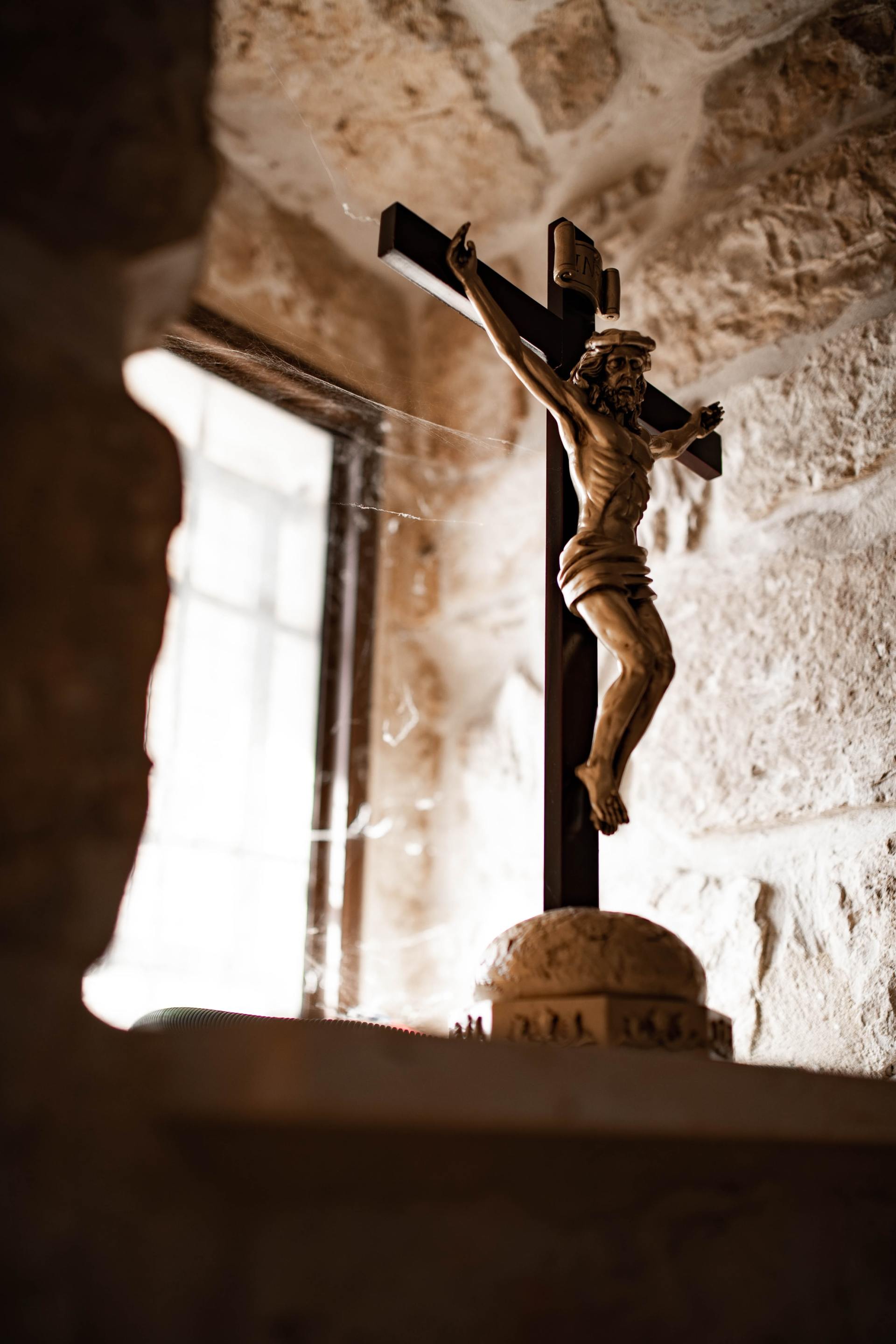It won’t last forever . . .(33rd Sunday in Ordinary Time Year C)
While the first reading and the Gospel connect in theme, as usual, the second reading from the Second Letter to the Thessalonians offers practical advice for any age. We can summarize Paul’s words as “Keep busy and mind your own business” as you go about doing God’s work in the world.
Like other “apocalyptic” writings of the time, the first reading from Malachi offers a frightening prophecy of the end times while encouraging the faithful to remain steadfast when awaiting God’s justice. Jesus gives more dramatic imagery of the end times but also ends with a note of consolation for the listeners who may be frightened by what is to come.
Throughout the Gospels, Jesus preached about the impermanence of material things: “Do not store up for yourselves treasures on earth, where moth and rust consume and where thieves break in and steal...” (Mt. 6:19). He consistently reminded his listeners, “life does not consist in the abundance of possessions” (Lk. 12:15). In today’s Gospel, Jesus addresses the crowds upon finally entering Jerusalem and its massive Temple, richly decorated and exquisitely built. The Temple building was the pride and joy of the Jewish people, but Jesus sees it from a much broader perspective. Just like every other human-made creation, the Temple will not last forever. It, too, will go the way of other material things: “there will not be left a stone upon another stone that will not be thrown down.” Not even the most magnificent building accomplishment of the people can provide ultimate security to humans.
Jesus gives this speech soon before his death. Four decades later, the Temple building was burned and razed by the Romans as they put down a Jewish revolt in a four year, gruesome war. In the end, the Romans slaughtered thousands of Jews and enslaved or expelled thousands more to foreign lands. The brutal defeat of their people and the destruction of the Temple threw the Jewish people into an existential crisis. Certainly, some of those who suffered remembered Jesus’ warning of impending destruction and were able to hold out trust that what appeared to be the end of this life was not the final ending.
Questions of the week
When thinking of Jesus’ teachings on the lack of permanence of possessions and material wealth, what is the lesson for you that you most want to remember?
How do you feel when you hear Jesus’ prophecies about the “end times”? Does anything in his words give you consolation or hope?










